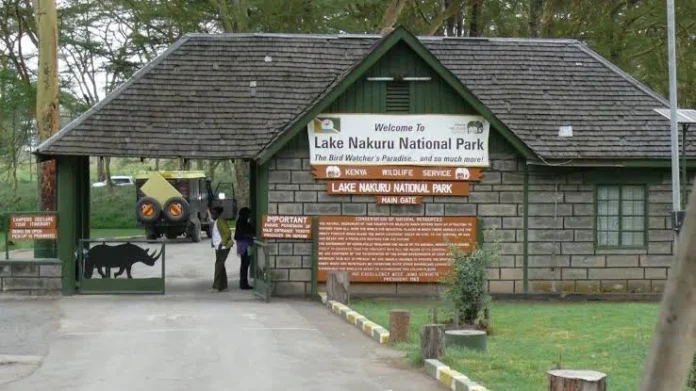Written by Kelly Were
In a landmark ruling with profound implications for public space governance, the Environment and Land Court in Nairobi has issued an immediate injunction against the Kenya Forest Service (KFS), effectively ejecting the state agency from its management role at City Park.
The court further delivered a decisive blow to the service’s financial operations by compelling a comprehensive audit, ordering KFS to provide a full and transparent account of all revenue generated from the park since 2019.
This judicial intervention was triggered by an urgent public interest petition filed by advocate Charles Mugane, who legally contends that KFS orchestrated an “illegal and forceful takeover” of the iconic public utility.
The lawsuit formally names KFS as the primary respondent, with the Nairobi City County Government listed as the second respondent and the Attorney General included in the proceedings.
The case’s significant ramifications for environmental and public space policy are highlighted by the involvement of prominent interested parties, including the Green Belt Movement and Nature Kenya.
At the heart of this legal confrontation lies the disputed transfer of control over City Park. Court documents allege a “clandestine” handover from the Nairobi City County Government to KFS around 2019, a period when the Nairobi Metropolitan Services (NMS) was temporarily overseeing certain county functions.
According to Mugane’s sworn affidavit, this transition allowed KFS to deploy its forest rangers, who subsequently came to “not only occupy but run and take over the collection of the revenue,” establishing a de facto administration over the park.
The petition levels grave accusations against the conduct of KFS personnel, asserting that staff are “using intimidation, force and violence in taking over almost every aspect of the park.”
It further alleges a disturbing pattern of harassment against visitors, with rangers accused of “beating up people without sufficient reason.”
On financial governance, the filing presents a scathing indictment, charging KFS with collecting fees from park businesses and traders with a profound “lack of accountability,” a practice characterized as a direct violation of the Public Finance Management Act.
A particularly contentious issue detailed in the petition involves a proposed fencing project for the park. Mugane characterizes a related public participation forum, organized via a letter from the State Department for Forestry, as a “sham exercise.”
He alleges that KFS “clandestinely” sent invitations “to select entities” in a calculated effort to “mock compliance with the requirement of public participation.”
The petitioner warns that fencing the park would pose a significant threat to public access, potentially restricting entry to a vital urban recreational area.
The legal challenge is anchored in the fundamental assertion that the KFS takeover is both unconstitutional and unlawful. It specifically cites Section 37 of the Forest Conservation and Management Act, interpreting its provisions as assigning the mandate for managing recreational parks and arboreta to county governments, not to KFS.
The petitioner argues that this seizure of control flagrantly violates core constitutional principles, including devolution, transparent public finance, and meaningful public participation.
In a compelling evidentiary submission that strengthens the petitioner’s case, a recent gazette notice from the Intergovernmental Relations Technical Committee, dated August 11, 2025, was presented to the court.
This official document explicitly lists City Park as a “Recreational Park” among the assets formally transferred to the Nairobi City County Government, directly contradicting the operational control currently exerted by KFS.
In response to these detailed allegations, the court has enacted powerful interim measures. It has issued a restraining order prohibiting KFS from “trespassing into, managing, remaining in, entering, controlling, charging fees or in any other manner interfering with the Nairobi City County’s management and operation of City Park.”
Furthermore, the service is now legally required to disclose the particulars of any administrative agreement with the county and to “render accounts of all the monies collected as revenue from City Park since the year 2019.”
The case is scheduled for mention on October 22, 2025, to establish the hearing timeline for the main petition, a proceeding that will ultimately decide the permanent stewardship and future of one of Nairobi’s most cherished green spaces.



















